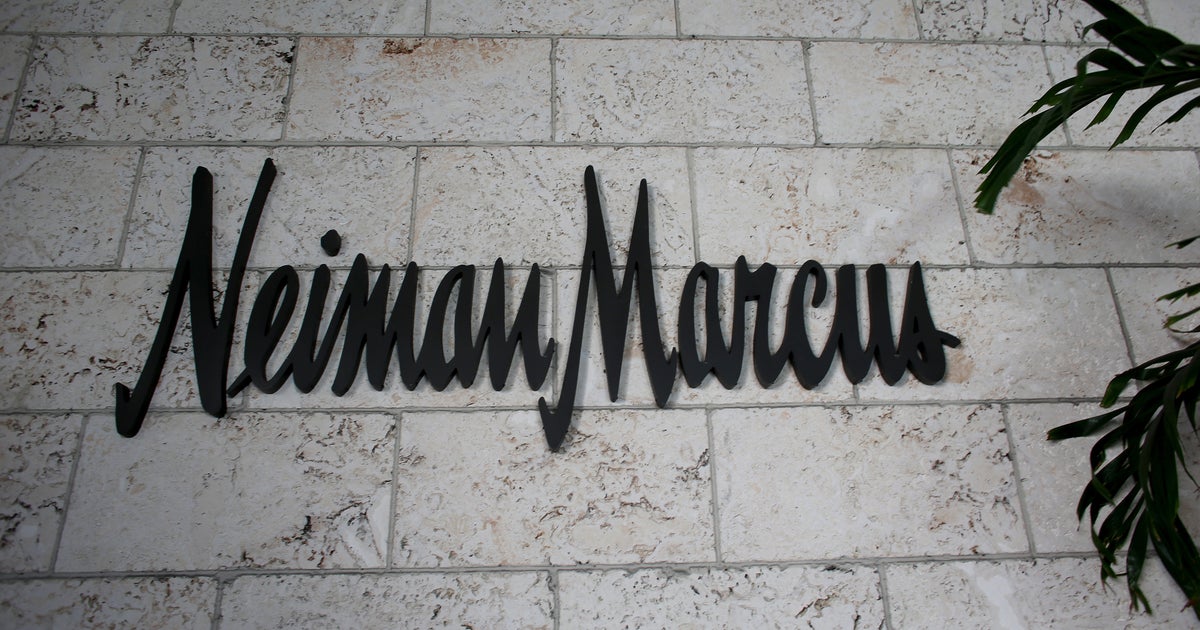Bussiness
Saks Fifth Avenue owner buying Neiman Marcus for $2.65 billion

Saks Fifth Avenue parent Hudson’s Bay Company. is acquiring Neiman Marcus for $2.65 billion, the companies announced on Thursday, a move that would merge two national and upscale retailers.
The combined entity, to be called Saks Global, will have a combined 75 stores, including two Bergdorf Goodman locations, along with 100 off-price outlets, according to the New York Times, which reported the deal on Thursday.
“Part of what excited us about acquiring Neiman Marcus was acquiring their world-class sales force,” Richard Baker, HBC’s chief executive and chairman, told the New York Times on Wednesday. “People have forgotten how important people are. When selling luxury products, you need beautiful stores and salespeople customers trust.”
Amazon is facilitating the deal by taking a minority stake in Saks Global. The acquisition is being financed with $2 billion raised by HBC, and affiliates of Apollo Global Management are offering $1.5 billion in debt.
Pairing the luxury department store chains is not unexpected, retail analyst Neil Saunders of GlobalData said Wednesday in a report, noting that Saks and Neiman executives have explored joining for forces “for some time.” But Amazon’s involvement “adds a bit of spice” to the combination because it would give the online retailer a foothold in the luxury space.
“The real win here would be the ability of Amazon to streamline logistics and e-commerce, giving the new entity an advantage in a market where remote shopping has become more important to shoppers — especially younger ones, which both chains need to do more to attract.”
The investment in Neiman Marcus is Amazon’s first in a brick-and-mortar retailer since it acquired Whole Foods in 2017, according to Bloomberg News. Amazon declined to comment on the planned merger.
Among the country’s oldest retailers
Herbert Marcus Sr., his sister, Carrie Marcus Neiman, and her husband A.L. Neiman opened the retailer’s first store in Dallas, Texas, in 1907. The company was sold to department store operator Broadway-Hale in 1969, setting the stage for it to expand beyond Texas. Later, Neiman Marcus came under the ownership of the conglomerate Harcourt General, which also published textbooks and owned movie theaters.
In 1999, Harcourt General spun off Neiman Marcus stores and Bergdorf Goodman. Private equity firms TPG Capital and Warburg Pincus bought the company in 2005 for $5.1 billion.
Today, the retailer has 36 Neiman Marcus stores in the U.S., two Bergdorf Goodman stores and five Last Call outlets. The company declared bankruptcy in May of 2020, at the time becoming one of the highest-profile retailers to collapse as the COVID-19 pandemic was shuttering retailers across the U.S.; it emerged from court supervision roughly four months later after shedding billions in debt.
Saks, based in New York City, was founded in 1924 and today has 41 stores. Hudson Bay — which also runs the Canadian department store chain Hudson’s Bay is known as HBC and has a history dating back to 1670, bought Saks in 2013 for $2.9 billion, including debt, and also owns department store chain Lord & Taylor.
Both Saks and Neiman have struggled to boost growth in recent years. Although the enlarged company would have greater leverage in negotiating with brands, it would still likely struggle to compete with global luxury conglomerates such as Kering and LVMH, which could end up “creating an even bigger headache for Saks,” Saunders said.







:max_bytes(150000):strip_icc()/roundup-writereditor-loved-deals-tout-f5de51f85de145b2b1eb99cdb7b6cb84.jpg)


